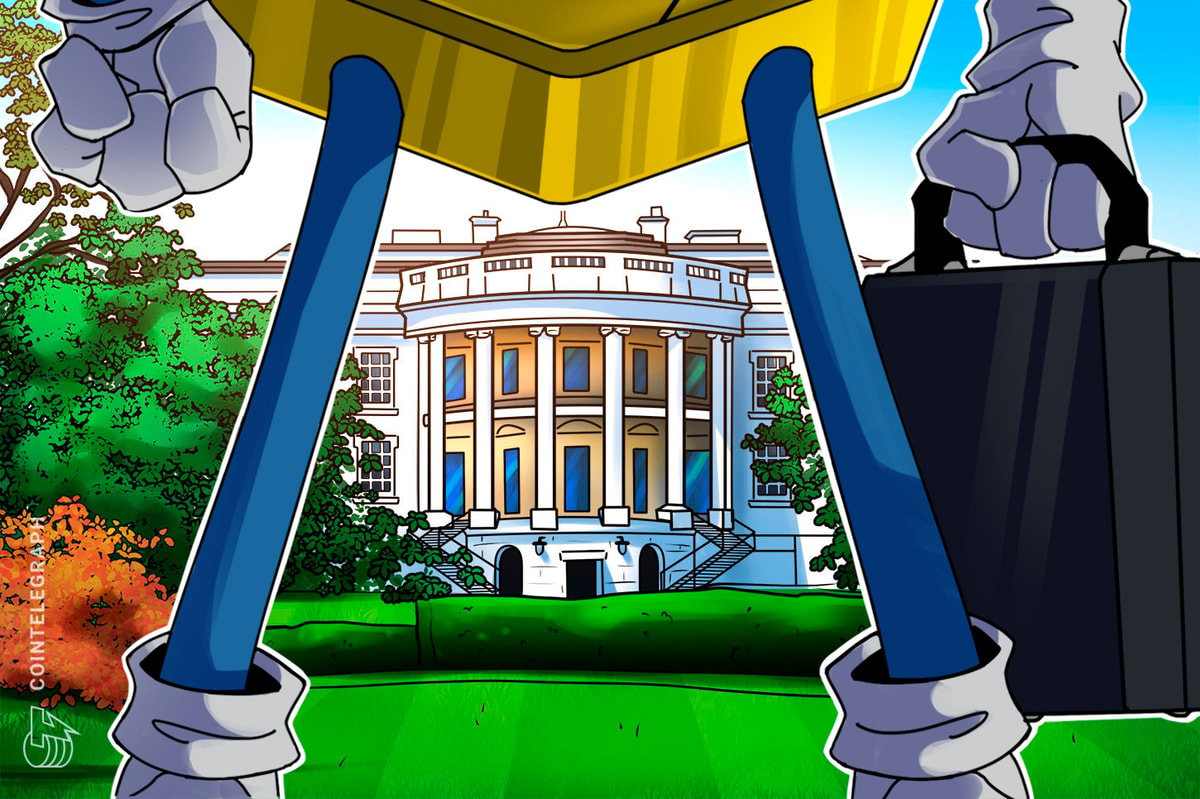US President-elect Trump takes office on Jan. 20, much to the excitement of crypto industry executives expecting pro-crypto policies.
However, those policies may or may not survive past his administration and depend on the balance of power in Washington, DC, sources told Cointelegraph.
Adam O’Brien, founder and CEO of Bitcoin Well — a financial services company focused on Bitcoin — said that Trump’s pro-crypto policies will live on if incoming Vice President JD Vance succeeds Trump as president in 2029. O’Brien told Cointelegraph:
“If we see Vance on the ballot next, then I think every policy that Trump implements is going to have staying power because Vance will probably have a hand in almost all of those decisions and agree with most of them.”
The CEO added that if Democrats regain control of Congress and the presidency in the next election cycle, Trump’s pro-crypto policies may be threatened.
This is particularly true of policies enacted through executive orders, which are easier to overturn by successors than policies enacted through Congress.
Trump giving his keynote address at the Bitcoin 2024 conference in Nashville. Source: Cointelegraph
Related: US election another ‘buy the rumor, buy the news’ event for BTC: Pantera
Legislative gridlock and the US midterm elections
Joe Doll, the general counsel for NFT marketplace Magic Eden, recently told Cointelegraph that the Trump administration likely has only 24 months to enact pro-crypto policies.
The attorney said that Republicans command a narrow majority in the House of Representatives, which is almost certain to flip to Democratic control in the 2026 midterm elections.
Former House Speaker Paul Ryan took the stage at the North American Blockchain Summit in Texas on Nov. 20 and called for bipartisanship on crypto regulations.
The former congressmember said that passing crypto policy reform would require at least 60 votes and reminded the audience that Republicans have a slim majority of only four seats in the House of Representatives.
Current political party breakdown of the United States House of Representatives. Source: US House
Ryan also urged President-elect Trump not to erode the narrow Republican majority further by picking House representatives to serve in his cabinet.
Representatives in the US House are required to give up their seats in Congress to accept positions in the executive branch and must be replaced according to the rules of that specific state.
However, the president of the Texas Blockchain Council, Lee Bratcher, argued that political representatives are far less likely to oppose the crypto industry following the results of the 2024 elections, driven by pressure from industry advocacy groups.
“This last election cycle was so complete and so overwhelming that it would be pretty foolish for members of Congress to stick their neck out and be overtly anti-crypto,” Bratcher told Cointelegraph.
Magazine: Bitcoiners are ‘all in’ on Trump since Bitcoin ’24, but it’s getting risky

Leave a Reply